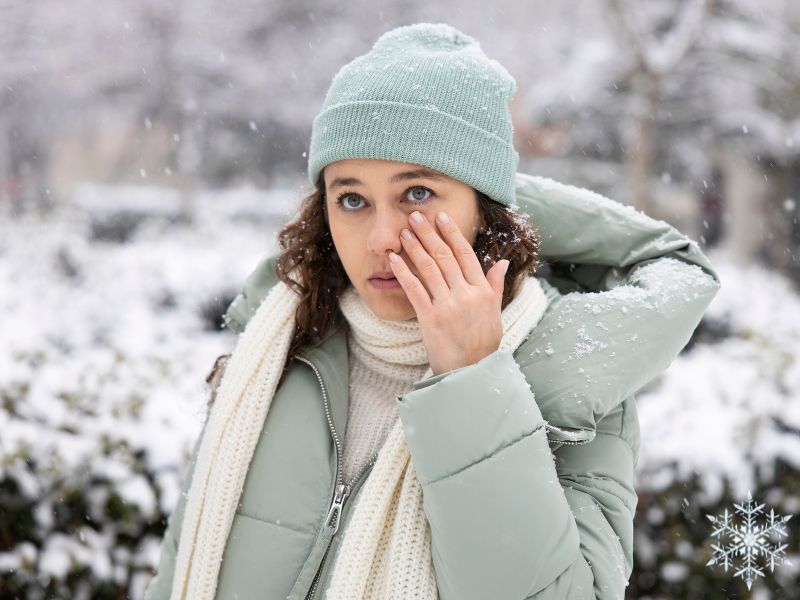What is the Best Eye Protection for Winter?
As the winter months approach, many of us don’t just prepare for cold weather with jackets and scarves; we often overlook an essential aspect of winter health—our eyes. Proper winter eyecare is crucial to avoiding common issues such as dryness, irritation, and glare. In this blog post, we will explore the best eye protection for winter and how to keep our eyes healthy during the colder months.
Why Winter Eyecare is Important
Winter presents unique challenges for eye health. The combination of cold air and low humidity can lead to dry eyes, which can be uncomfortable and even painful. Additionally, if you live in snowy regions, increased glare from sunlight reflecting off snow can pose a risk to your vision. Therefore, understanding the nuances of winter eyecare is vital for maintaining eye comfort and health.
Types of Eye Protection for Winter
When it comes to winter eyecare, there are several options for eye protection to consider. Each type serves a different purpose, so it is vital to choose the right one for your activities.
1. Sunglasses
While it may seem counterintuitive to wear sunglasses in winter, they are essential for protecting your eyes from harmful UV rays. Many people are surprised to learn that up to 80% of UV rays can penetrate through clouds. Quality sunglasses that block 100% of UV rays and offer polarization will help reduce glare from snow, which can be particularly blinding.
2. Goggles
Goggles are a fantastic choice for winter sports enthusiasts, especially skiers and snowboarders. They provide full coverage and protect the eyes from wind, cold air, and debris. Look for goggles with UV protection and anti-fog features to ensure clear vision during your outdoor activities.
3. Blue Light Blocking Glasses
If you spend a lot of time indoors during the winter, you might also consider blue light blocking glasses. The winter months often lead to increased screen time, whether working from home or enjoying streaming services during the long evenings. These glasses can help reduce eye strain and fatigue caused by prolonged exposure to screens, which is just as crucial for winter eyecare.
Moisturising Eye Drops
In addition to physical protection, keeping your eyes hydrated is vital during winter. The dry, cold air can lead to significant eye discomfort due to dehydration. Using preservative-free moisturising eye drops can help replenish moisture and provide relief from dryness. Look for eye drops that are specifically designed to combat dry eyes associated with environmental factors.
Tips for Maintaining Eye Health in Winter
Beyond using protective eyewear, there are several practices you can adopt to enhance your winter eyecare routine:
1. Stay Hydrated
Keep your body hydrated by consuming adequate amounts of water. Staying hydrated helps maintain moisture levels in your eyes as well.
2. Use a Humidifier
Indoor heating can significantly reduce humidity levels, leading to dry eyes. A humidifier can help keep the air moist, which is beneficial for your eyes and overall comfort.
3. Take Breaks
If you are working on screens for long hours, ensure to take regular breaks using the 20-20-20 rule: every 20 minutes, look at any object 20 feet away for at least 20 seconds. This practice can substantially decrease eye strain.
Final Thoughts
When winter arrives, it’s important to focus on your winter eyecare as much as you do on other aspects of the season. From wearing the right sunglasses to incorporating goggles for winter sports, and keeping your eyes hydrated, numerous strategies can help maintain optimal eye health. By following these recommendations, not only can you protect your eyes from the harsh winter environment, but you can also enjoy all the seasonal activities the winter months have to offer without discomfort. Remember, your eyes deserve just as much attention during winter as they do in any other season. Stay safe and keep your eyes healthy!
Visit our blog page for more winter eyecare articles

